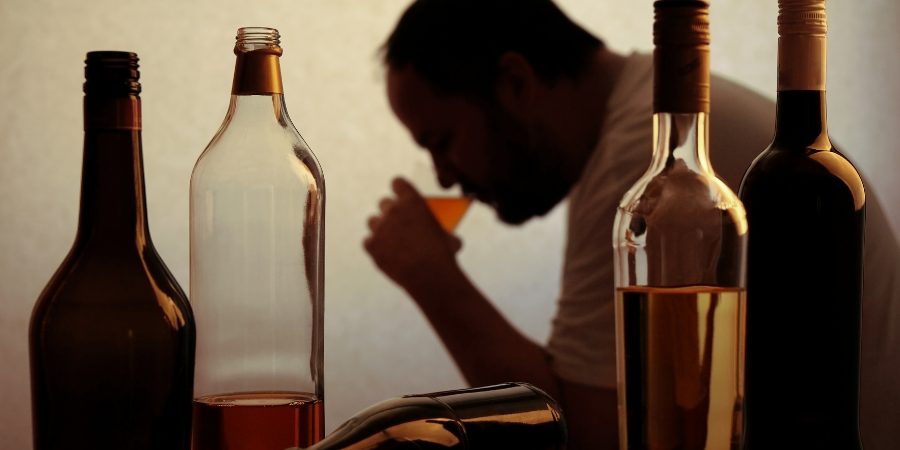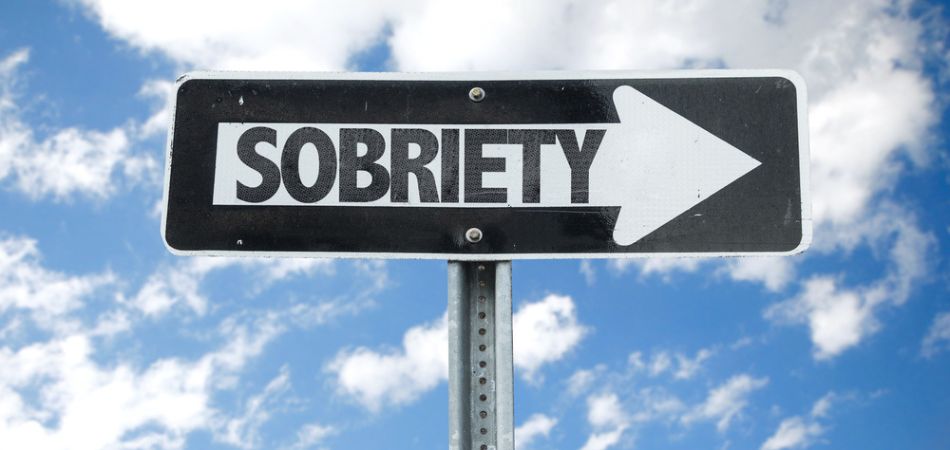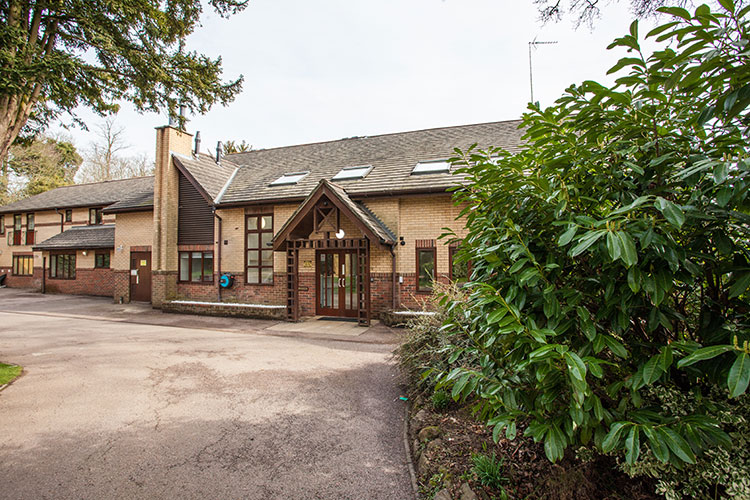
Written by:

Medically Reviewed by:
Last Updated:
October 13th, 2025
Alcohol rehab
What is alcohol rehab?
Alcohol rehab is a structured programme in the UKAT recovery pathway that helps you step away from a life ruled by drinking and begin rebuilding in a safer space. It works on two levels at once: the physical impact of alcohol on the body and the mental hold it has on daily life.
The process usually starts with alcohol detox, giving your body the chance to clear alcohol and adjust to life without it. From there, attention turns to the reasons drinking became such a central part of things in the first place. That might mean exploring stresses, emotions or habits that fuelled the cycle and then learning healthier ways to deal with them.
Rehab also focuses on relapse prevention, teaching you how to spot risks and put strategies in place so recovery is something you can sustain long after you finish the treatment programme. When all these pieces are brought together, rehab becomes a foundation for lasting sobriety and a healthier future.
What alcohol rehab isn’t
Before we go any further, it’s important to clear up some of the most common myths surrounding alcohol rehab. These ideas have been passed around for years, often without question, and they can make the thought of seeking help feel frightening or even shameful.
If you’ve held onto one or two of these beliefs, you’re not alone. Many people do until they learn the truth, which is why setting the record straight can make the whole idea of alcohol rehab far less intimidating.
Now that we’ve cleared away some of these misconceptions, the path ahead becomes clearer. Rather than focusing on what rehab isn’t, we can turn our attention to what it really involves and why it can make such a difference.
In what setting can alcohol rehab be taken?
Alcohol rehab can take place in different settings, depending on how severe the addiction is and what level of support feels right. The two main options are outpatient rehab and inpatient rehab, each with its own strengths and challenges. By looking at both, you can get a clearer idea of which path might suit your situation.
Outpatient alcohol rehab
Outpatient rehab is built around staying at home while travelling to a clinic or treatment centre for scheduled sessions. These might be one-to-one meetings, group work or regular check-ins to keep progress on track.
The appeal here is flexibility, allowing someone to continue with work, study or family responsibilities while still receiving professional guidance. Yet that flexibility also brings risk, as familiar surroundings often carry the same triggers and temptations that fuel drinking in the first place.
For those who already have a reliable support network and only a mild level of dependence, outpatient rehab can provide a workable option.
Outpatient rehab may be more suitable for people who:
- Are at an early stage of alcohol issues and want to prevent them from worsening
- Have steady encouragement from family or close friends at home
- Need to keep up responsibilities such as work, education or childcare
- Believe they can manage urges outside of structured therapy hours
Inpatient alcohol rehab
Inpatient rehab, also called residential rehab, takes a different approach by removing you from the daily environments that keep drinking close at hand. Staying at a dedicated centre provides constant care and the kind of structure that can be crucial when recovery feels uncertain. This option is often recommended because alcohol withdrawal can be dangerous, and relapse can happen quickly without support in place.
Inside inpatient rehab, staff who understand alcohol addiction are available when you need them the most, guiding you through each stage. Therapy sessions offer the space to dig into the roots of drinking with a focus that everyday life rarely allows. Living alongside others who share similar struggles also helps reduce the isolation that so often comes with addiction, replacing it with community and encouragement.
These elements together make inpatient rehab not just a treatment but a safer foundation for change.
Inpatient alcohol rehab is most suitable for people who:
- Struggle with moderate to severe alcohol dependence
- Have tried to stop in the past, but found themselves returning to alcohol
- Live in environments where triggers and temptations are constant
- Need the safety of being fully removed from old routines and pressures
While outpatient rehab has a role for some, alcohol addiction is rarely something that can be tackled safely without close and consistent care. For this reason, inpatient rehab remains the setting we recommend for anyone facing alcohol addiction, giving both protection in the short term and a stronger chance of lasting recovery in the long term.
I still don’t know which setting is best for me
You may already feel that alcohol rehab is the right step, yet still be unsure where you fit. Perhaps you’ve read through the outpatient points and recognised yourself in some of them, while also noticing parts of inpatient that sound familiar. It can leave you caught in the middle, wondering which setting truly makes sense.
This is a valid worry because no two situations are ever the same. Making such an important decision based only on a short list of recommendations is rarely enough, especially when you’re unsure of where you stand. That’s why reaching out to UKAT can be such a crucial next move.
By speaking with our team, you can have a full assessment that looks at your personal history with alcohol, your current circumstances and the level of support you need. From there, a clearer plan can be created, one that gives you the best chance of long-term recovery.
What to expect from your stay in inpatient alcohol rehab
If you’ve made the decision or been recommended to opt for inpatient alcohol rehab, you’re probably wondering what happens when you arrive. Some people arrive after years of drinking that has taken a heavy toll, while others come after a sudden event that left them unable to ignore the problem any longer. Whatever the reason, the first step is always about being understood.
At UKAT you are not facing that battle on your own. Support is close at hand to ease the physical strain and guide you through the emotional impact, making a stage that once felt overwhelming something you can get through.
For some, the roots of addiction lie in past pain or trauma that was never spoken aloud. For others, the pull of alcohol has been tied to stress, doubt or feelings that seemed impossible to manage. Whatever is uncovered, therapy offers the chance to face it safely and begin shaping healthier ways to cope.
The role of therapy in alcohol rehab
Therapy is the backbone of alcohol rehab because it goes beneath the surface of drinking. It takes the patterns and triggers that once felt automatic and shows you where they began, why they continued and how they can be replaced.
Below, we explore just a few of the therapies we use in our alcohol rehab programme:
- Cognitive behavioural therapy helps identify thoughts and beliefs that fuel drinking, showing how they can be challenged and reshaped into something less destructive.
- Dialectical behaviour therapy focuses on the moments where emotions run high and alcohol has felt like the only solution, teaching you ways to regulate and calm those storms without needing a drink.
- One-to-one counselling provides the privacy to talk through issues that might feel too raw to share with others
- Group therapy allows you to hear your own struggles reflected back in the voices of people who understand.




























